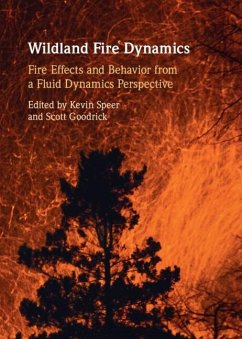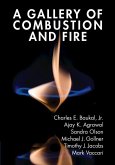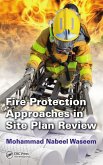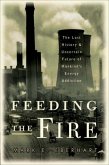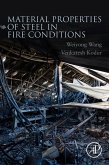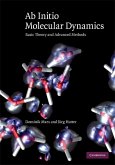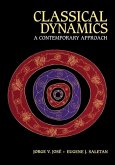Wildland fires are among the most complicated environmental phenomena to model. Fire behavior models are commonly used to predict the direction and rate of spread of wildland fires based on fire history, fuel, and environmental conditions; however, more sophisticated computational fluid dynamic models are now being developed. This quantitative analysis of fire as a fluid dynamic phenomenon embedded in a highly turbulent flow is beginning to reveal the combined interactions of the vegetative structure, combustion-driven convective effects, and atmospheric boundary layer processes. This book provides an overview of the developments in modeling wildland fire dynamics and the key dynamical processes involved. Mathematical and dynamical principles are presented, and the complex phenomena that arise in wildland fire are discussed. Providing a state-of-the-art survey, it is a useful reference for scientists, researchers, and graduate students interested in wildland fire behavior from a broad range of fields.
Dieser Download kann aus rechtlichen Gründen nur mit Rechnungsadresse in A, B, BG, CY, CZ, D, DK, EW, E, FIN, F, GR, HR, H, IRL, I, LT, L, LR, M, NL, PL, P, R, S, SLO, SK ausgeliefert werden.

